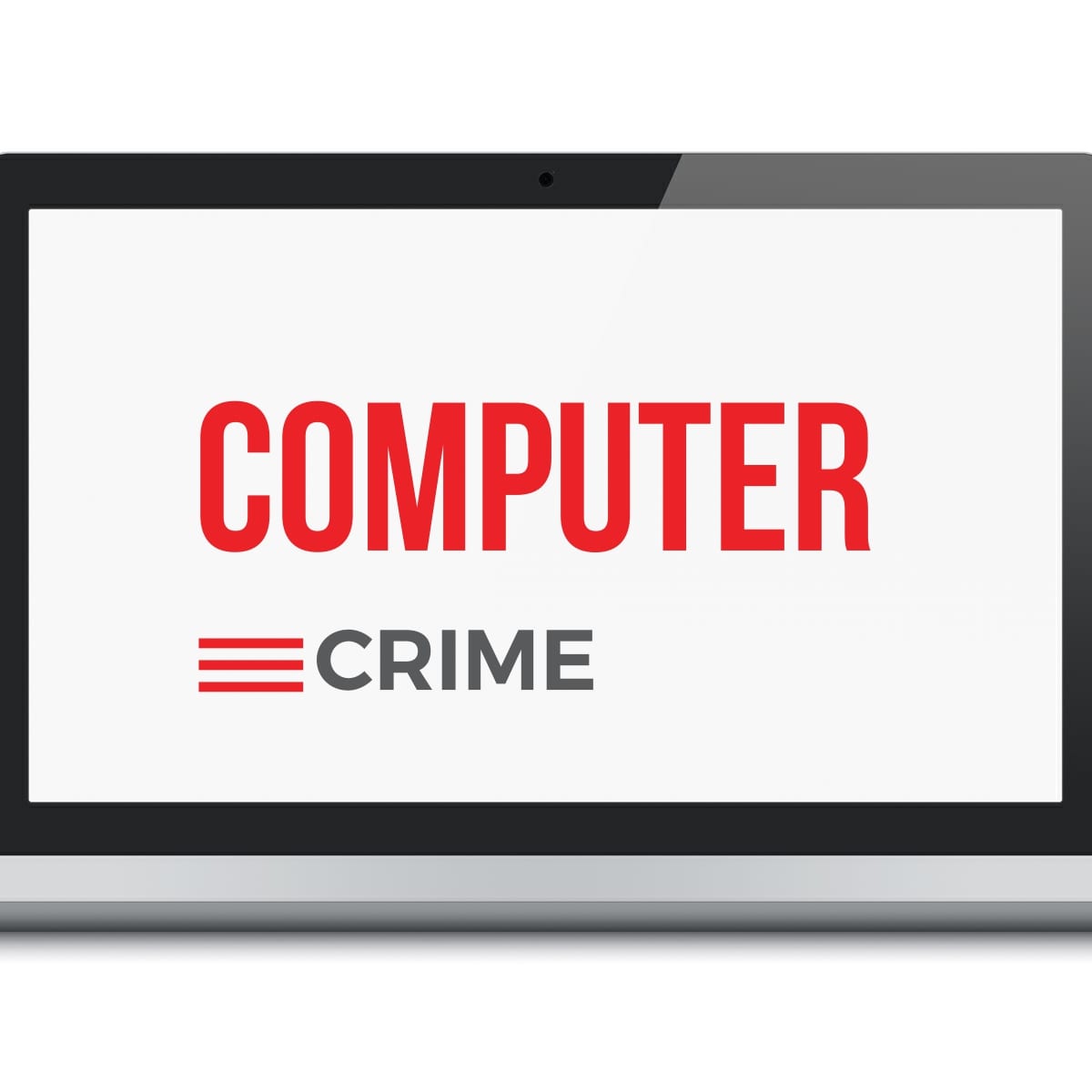Computer crimes have become a prevalent concern in Minnesota and beyond due to the increasing reliance on technology and the internet. Being the subject of a computer crime investigation can be distressing and overwhelming, especially when it involves potential violations of your privacy. If you find yourself facing a computer crime investigation in Minnesota, it is essential to understand your rights and take steps to protect your privacy. In this blog post, we will explore the importance of privacy protection


The Computer Fraud and Abuse Act (CFAA) is a federal law enacted in 1986 to address computer-related crimes such as hacking, unauthorized access to computer systems, and the theft or destruction of electronic data. Since its inception, the CFAA has been used to prosecute various computer-related crimes in federal criminal cases. This blog post will take a closer look at the CFAA and its application in federal criminal cases.
The CFAA makes accessing a computer system without authorization or exceeding

Computers give us access to just about anything. With a few clicks and a wifi connection, you can put money into the bank, buy goods and services, and access a seemingly endless stream of information.
And since you’re using your own personal device, no one will even know what you’re doing, right?
For the most part, that’s true. However, once law enforcement officers suspect someone of committing illegal acts – even if it’s through the safety of




